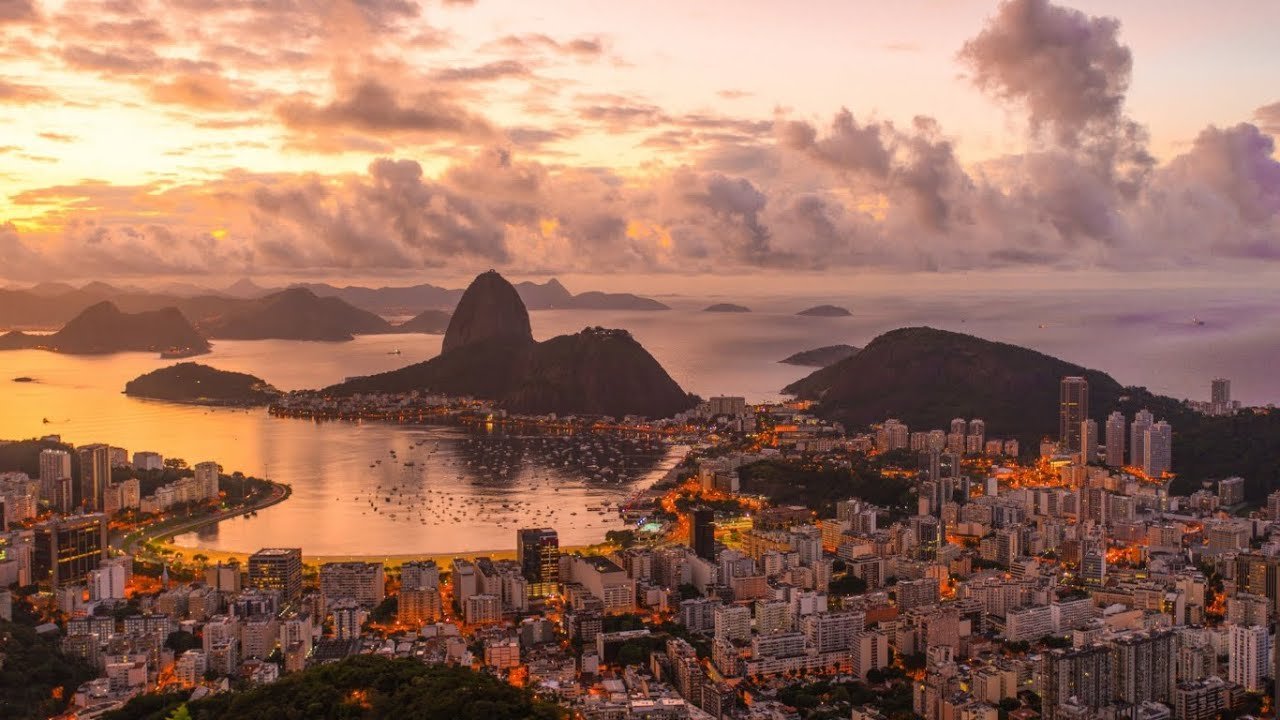Brazil, a land of vibrant culture, stunning natural landscapes, and a growing economy, has become an attractive destination for individuals seeking new opportunities or a fresh start. Whether you’re drawn to Brazil’s beautiful beaches, diverse wildlife, or booming business environment, understanding the Brazil immigration visa process is essential for a successful relocation.
This comprehensive guide will help you navigate the types of visas available, the application process, and the requirements for moving to Brazil.
Why Choose Brazil for Immigration?
Before diving into visa details, it’s important to understand what makes Brazil such a desirable place for migration:
- Economic Growth: Brazil is the largest economy in South America and offers opportunities in industries like technology, agriculture, and energy.
- Cultural Diversity: Known for its inclusive and multicultural society, Brazil is a melting pot of different ethnicities and traditions.
- Natural Beauty: From the Amazon Rainforest to the iconic Copacabana Beach, Brazil’s natural attractions are world-renowned.
- Lifestyle and Entertainment: Vibrant festivals, samba music, and delicious cuisine make Brazil a fun and exciting place to live.
- Healthcare and Education: While not perfect, Brazil provides access to public healthcare and affordable educational opportunities.
Types of Brazil Immigration Visas
The type of visa you need depends on your purpose for relocating. Below are the primary categories of Brazil immigration visas:
1. Work Visa (VITEM V)
If you plan to work in Brazil, this visa is your gateway. Key details include:
- Eligibility: Requires a job offer from a Brazilian employer.
- Duration: Typically valid for up to two years, with the possibility of renewal.
- Requirements:
- Employment contract
- Proof of qualifications
- Employer’s sponsorship
2. Student Visa (VITEM IV)
Designed for those pursuing education in Brazil, this visa requires:
- Proof of Enrollment: Acceptance letter from a Brazilian institution.
- Financial Proof: Evidence of funds to cover tuition and living expenses.
- Duration: Valid for the length of the academic program.
3. Family Reunion Visa
For individuals with family members who are Brazilian citizens or residents:
- Eligibility: Spouses, children, or dependents.
- Documents:
- Marriage certificate
- Birth certificates for children
4. Investor Visa
Entrepreneurs and investors can apply for this visa to establish businesses in Brazil:
- Investment Requirement: Minimum investment amount varies but typically starts at BRL 500,000.
- Business Plan: A detailed proposal showcasing job creation and economic contribution.
5. Permanent Residency Visa
For those planning a long-term stay:
- Eligibility: Granted to retirees, high-level professionals, or long-term investors.
- Special Programs: Retirement visas require proof of pension income.
How to Apply for a Brazil Immigration Visa
Step 1: Determine the Appropriate Visa Type
Your purpose for moving—work, study, or family—determines the visa category. Carefully assess your eligibility.
Step 2: Gather Required Documents
Here’s a general checklist:
- Valid passport
- Completed visa application form
- Recent passport-sized photos
- Proof of purpose (e.g., employment contract, acceptance letter, family documents)
- Financial proof (e.g., bank statements or income verification)
- Health insurance coverage
- Police clearance certificate
Step 3: Submit Your Application
- Where to Apply: Submit your application to the nearest Brazilian embassy or consulate.
- Processing Time: Typically takes 2-4 weeks, depending on the visa type.
- Application Fee: Varies by visa type and nationality.
Step 4: Attend an Interview (if required)
Some visa categories may require an in-person interview. Be prepared to:
- Explain your purpose of travel
- Provide additional documentation
Living in Brazil: What to Expect
Once your visa is approved, it’s time to prepare for life in Brazil. Here are some tips:
Cost of Living
- Housing: Urban areas like São Paulo and Rio de Janeiro are more expensive than smaller cities.
- Transportation: Public transport is affordable and widely available.
- Groceries and Dining: Local markets offer affordable produce, while dining out is reasonably priced.
Cultural Integration
- Learn Portuguese: While some locals speak English, Portuguese is essential for daily interactions.
- Embrace Brazilian Customs: Be open to festivals, football culture, and the warm hospitality of Brazilians.
Healthcare
- Brazil offers a universal healthcare system (SUS), but private healthcare is recommended for expats.
Education
- Public schools are free, but private institutions are preferred for quality education.
FAQs: Brazil Immigration Visa
1. Can I work in Brazil with a tourist visa?
No, a work visa is mandatory for employment in Brazil.
2. How long does it take to process a Brazil immigration visa?
Processing times vary but typically range from 2 to 4 weeks.
3. Is Brazil safe for expats?
While Brazil has areas with high crime rates, most expats find it safe by taking basic precautions.
4. Can I bring my family on a work visa?
Yes, family members can apply for a dependent visa to accompany you.
5. Do I need health insurance to live in Brazil?
Yes, health insurance is recommended for expats, even with access to the SUS system.
Conclusion
Relocating to Brazil can be a rewarding experience if you navigate the Brazil immigration visa process effectively. By understanding the visa types, preparing your application meticulously, and embracing the local culture, you can ensure a smooth transition to life in this vibrant country.
Whether you’re moving for work, education, or family, Brazil offers a wealth of opportunities for a fulfilling life. Start your journey today and discover all that Brazil has to offer!
Related Post:- How Can I Immigrate to Poland? A Comprehensive Guide


Leave a Reply